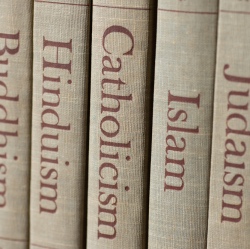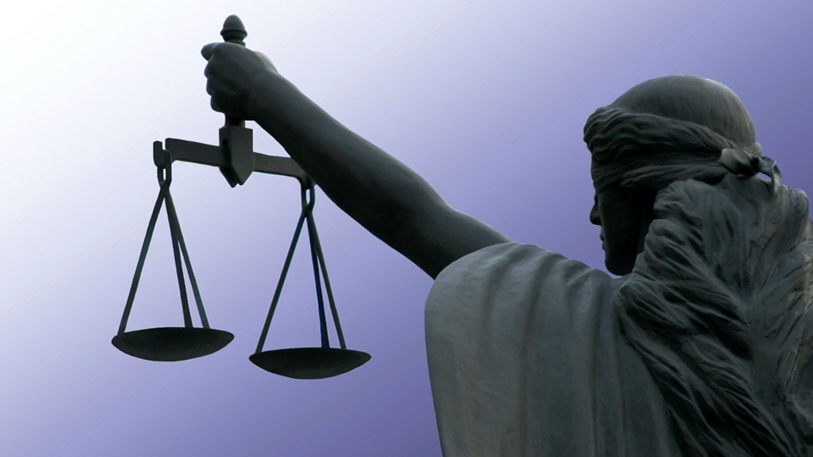
Religious law
.docx
Religious
law, which is a legal system with a focus on religion, has laws
created by a deity(божественная
природа,божество)

Defining Religious Law
There are dozens of religions that exist in our world today. Each of them has a set of rules that govern how we should behave. For example, an important set of rules that Catholics and other Christian religions follow include something known as the Ten Commandments*(10 заповедей). These commandments cover serious things, such as not killing, and other serious things, such as not lying or feeling greedy(жадность). While these laws are meant to try and produce a good individual, the main aim is to please a higher power, so the consequences for not following these rules may not be seen most distinctly(отчетливо) in our life.
Unlike in the past, today there is a distinct division between secular laws and religious laws. The source of religious law is the deity, legislating through prophets(пророк), whereas secular law is made by human beings. It also then follows that religious laws are perceived(воспринимать,понимать) to be eternal(вечный) and non-changing, while secular rules can be changed by their makers.
Furthermore, religious law tells people what to believe as well as how to behave, whereas secular law deals with our external actions as they affect others. Oftentime, these can intersect. For example, many religions teach that life is sacred and that we should not kill. Secular law also believes that we should not kill but bases that belief in how killing would negatively affect others rather than bringing displeasure to a higher power.
In a religious legal system, disputes are usually overseen by an officer of that religion, so the same person is both judge and priest. In a secular system, by contrast, the office of judge is separate. So in a secular system, disputes are overseen only by a judge with no influence from religious leaders.
* a set of biblical principles relating to ethics and worship that play a fundamental role in Judaism and Christianity.
